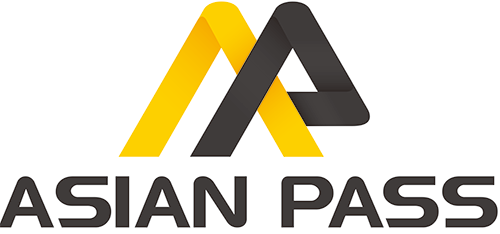Rice export is a crucial economic activity, contributing significantly to the national economy and food security. Therefore, it is not a regular business line but a conditional one. These conditions are in place to control quality, ensure food safety, and maintain market stability. So, what legal requirements must businesses meet to enter this field? Let’s find out more about the detailed conditions for rice export business in accordance with current Vietnamese law with Pham Consult.

I. Is rice export a conditional business line?
According to Article 7 of the 2020 Law on Investment, a conditional business line is one in which investment and business activities must meet certain necessary conditions for reasons of national defense, security, social order, safety, social ethics, and community health. The list of conditional business lines is specified in Appendix IV of the 2020 Law on Investment. Rice export is listed under Section 51 of Appendix IV. Consequently, rice export is a conditional business line under the 2020 Law on Investment, and to register for rice export business, an organization or business must fully meet all legal requirements.
II. Conditions for rice export business
As stipulated in Article 4 of Government Decree No. 107/2018/NĐ-CP on rice export business, to be eligible to export rice, a trader must meet the following conditions:
(i) A trader established and registered according to the law can conduct rice export business if they meet these conditions:
– They must have at least one dedicated warehouse for storing paddy and rice that complies with national technical standards and regulations on paddy and rice warehouses issued by a competent authority as per the Law on Standards and Technical Regulations.
– They must have at least one milling or processing facility for paddy and rice that complies with national technical standards and regulations on paddy/rice warehouses and milling/processing facilities issued by a competent authority as per the Law on Standards and Technical Regulations.
(ii) The paddy/rice warehouse and milling/processing facilities can be either owned by the trader or leased from another organization or individual. In the case of a lease, a written contract with a minimum term of 5 years is required.
(iii) A trader with a Certificate cannot lease or sublease the warehouse and milling/processing facility that were declared to prove eligibility for their own certificate, for another trader to use for the purpose of obtaining a certificate.
(iv) Traders who only export organic rice, parboiled rice, or fortified rice do not need to meet the business conditions specified in sections (i) and (ii). They are not required to have a Certificate, do not have to maintain the circulation reserve as per Article 12 of Decree 107/2018/NĐ-CP, and are responsible for reporting as stipulated in Clause 2, Article 24 of Decree 107/2018/NĐ-CP.
When completing customs procedures for export, traders exporting organic, parboiled, or fortified rice without a Certificate only need to present to the Customs authority an original or a certified copy of a written confirmation or certificate from a competent organization, or an inspection certificate issued by a third-party inspection company, certifying that the exported rice product meets the criteria and methods of determination guided by the Ministry of Agriculture and Rural Development and the Ministry of Health, as per Point d, Clause 2, and Clause 3, Article 22 of Decree 107/2018/NĐ-CP.
III. Procedure for applying for a rice export business eligibility Certificate
- Dossiers for a rice export business eligibility Certificate
The application dossier for a rice export business eligibility certificate is stipulated in Article 6 of Decree 107/2018/NĐ-CP and includes the following documents:
(i) One original copy of the application form according to Form No. 01 in the Appendix of Decree 107/2018/NĐ-CP.
(ii) One certified copy of the Ent Registration Certificate, Enterprise Registration Certificate, or Investment Certificate, with the trader’s seal.
(iii) One certified copy of the lease contract for the warehouse and milling/processing facility (if leased) or a document proving land use rights or ownership of the warehouse and milling/processing facility (if owned), with the trader’s seal.
- Procedure for applying for the Certificate
Step 1: Submit the dossier.
The trader can submit the dossier directly at the headquarters of the Ministry of Industry and Trade, by mail, or through the Ministry of Industry and Trade’s online public service portal.
If submitting in person, the trader can present photocopies of the documents specified in sections (ii) and (iii) along with the originals for comparison.
Step 2: Dossier review.
Within 15 working days from the date of receiving a complete and valid dossier, the Ministry of Industry and Trade will review and issue the rice export business eligibility Certificate. If the certificate is not granted, the Ministry must provide a written response stating the reason within 7 working days from the date of receiving the dossier.
The rice export business eligibility Certificate is valid for 5 years from the date of issuance. When the certificate expires, the trader must apply for a new one to continue their rice export business.




 VI
VI